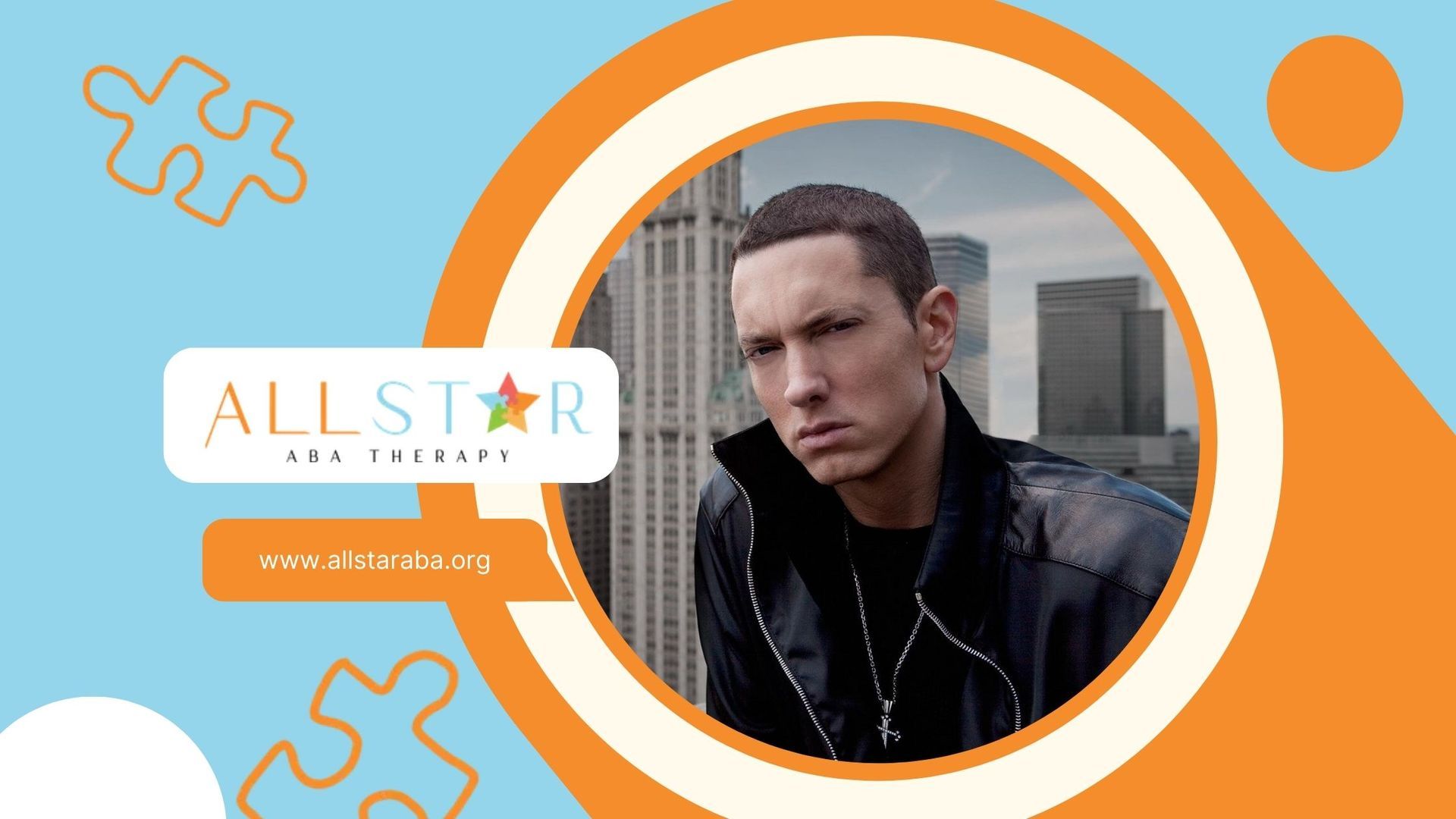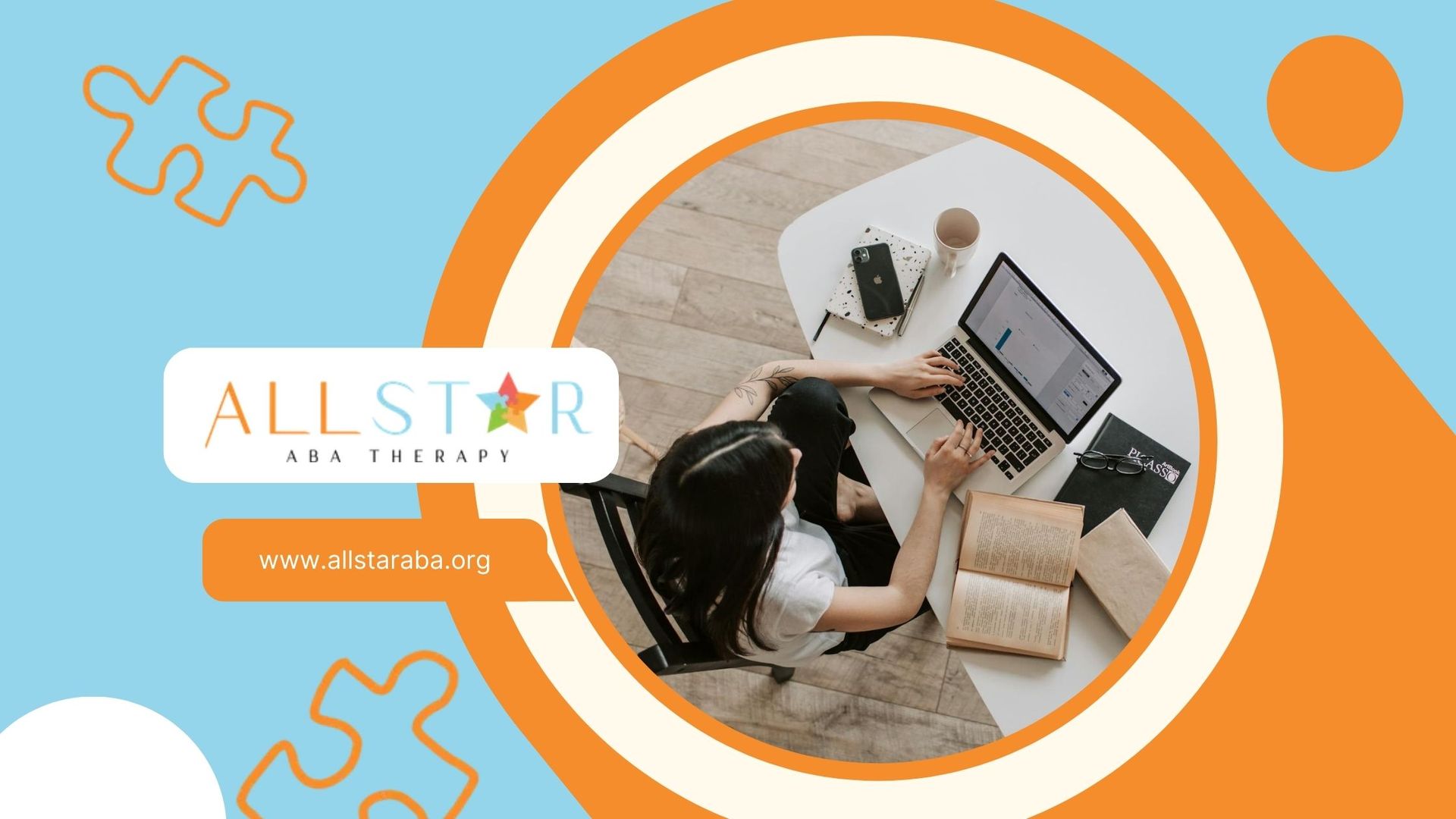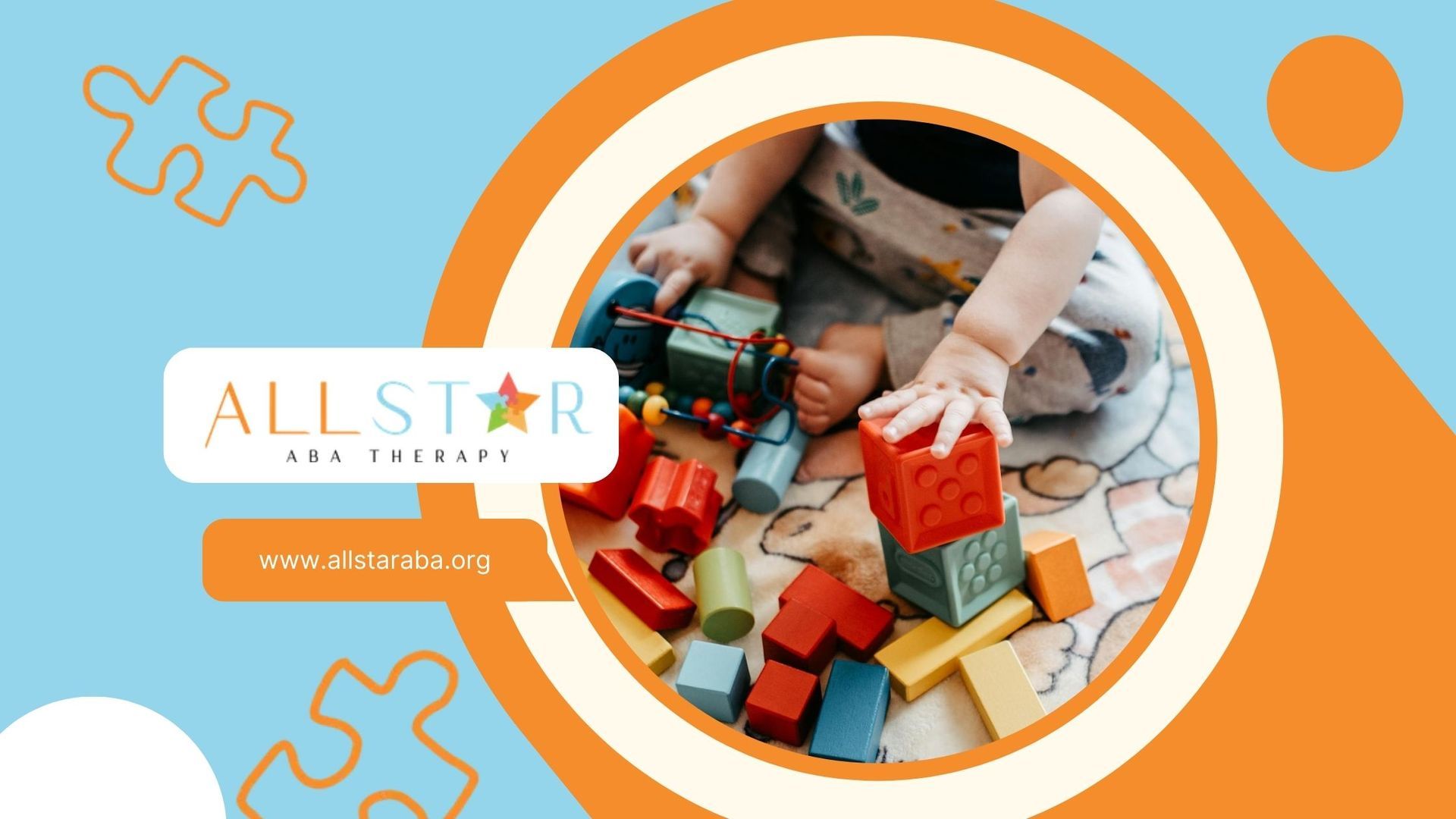New Paragraph
Is Fiona Apple on the Autism Spectrum?
Fiona Apple, the enigmatic singer-songwriter who burst onto the New York music scene with her raw and confessional debut album Tidal in 1997, has been captivating listeners for over two decades. From her intensely personal lyrics to her genre-bending sound, which has garnered acclaim from platforms like Pitchfork, Apple's artistry remains both deeply personal and universally resonant.
Fiona Apple: A Brief Overview of Her Life and Career
Born in New York City in 1977, Fiona Apple's journey into music began at a young age. Classically trained on the piano as a child, she began writing her own songs as a teenager, navigating the complexities of adolescence through music.
Signed to a record deal at the age of 17, Apple's debut album, Tidal, achieved both critical and commercial success, solidifying her place as a singular voice in the alternative music landscape.
Throughout her career, Apple has remained fiercely independent and dedicated to her artistic vision. She has consistently pushed boundaries with her music, creating a sound that is uniquely hers, characterized by her intricate piano playing, poetic lyrics, and haunting vocals. Her impact on the music industry is undeniable.
Early Beginnings and Rise to Fame
Growing up in the culturally vibrant city of New York, Fiona Apple's early exposure to music helped shape her artistic sensibilities. Her classical piano training provided a strong foundation, while the city's diverse music scene served as a constant source of inspiration.
During high school, Apple channeled her experiences and emotions into songwriting, finding solace and a means of self-expression. These formative years marked the beginning of her lifelong exploration of music as a means to process complex emotions.
Apple's raw talent and powerful vocals didn't go unnoticed. A demo tape circulating through the industry landed in the hands of Sony Music executives, leading to her being signed at the young age of 17. It was then that her journey to becoming a music icon began.
Key Milestones and Albums Through the Years
The release of Tidal in 1997 catapulted Fiona Apple into the spotlight. The album's raw emotion and vulnerability resonated with listeners, garnering critical acclaim and earning Apple a Grammy Award for Best Female Rock Vocal Performance for the song "Criminal."
Her subsequent albums, When the Pawn… (1999), Extraordinary Machine (2005), The Idler Wheel…(2012), and Fetch the Bolt Cutters (2020), further cemented her reputation as a singular talent. Each record showcased her evolution as an artist, pushing boundaries with her unique blend of musical styles and deeply personal lyricism.
Fetch the Bolt Cutters, in particular, was met with widespread critical acclaim, often being hailed as her most powerful and accomplished work to date. The album's themes of isolation, resilience, and self-discovery, explored through Apple's signature poetic style, struck a chord with listeners, solidifying her legacy as a true original.
The Autism Spectrum: Understanding the Basics
The autism spectrum encompasses a wide range of neurodevelopmental differences, characterized by variations in communication, social interaction, and patterns of behavior. It is important to approach discussions about autism with sensitivity and respect, recognizing that every individual on the spectrum is unique.
Understanding the complexities of autism spectrum disorder requires considering the individual, not applying generalizations or labels. It is about recognizing and appreciating the diversity of human experience.
What is Autism Spectrum Disorder (ASD)?
Autism Spectrum Disorder (ASD) is a complex neurodevelopmental condition characterized by challenges in social skills, repetitive behaviors, and communication. It includes a wide range of symptoms and levels of impairment, affecting each individual differently. Early intervention and therapy can greatly improve outcomes for individuals with ASD.
Signs and Symptoms of Autism
Individuals on the autism spectrum may experience challenges with social skills, including understanding and responding to social cues, engaging in reciprocal conversations, and forming and maintaining relationships. However, these challenges do not diminish their capacity for connection or the value of their relationships.
Repetitive behaviors and routines often bring comfort and predictability to individuals with autism. These behaviors, such as rocking, hand-flapping, or lining up objects, can be self-soothing mechanisms and should be met with understanding rather than judgment.
Communication challenges can manifest in various ways, including difficulty with verbal and nonverbal communication, understanding figurative language, and interpreting tone of voice. Supporting effective communication for individuals with autism involves patience, empathy, and utilizing visual aids when necessary.
The Discussion Around Fiona Apple and Autism
In online spaces, particularly on social media platforms, speculation about Fiona Apple being on the autism spectrum has surfaced from time to time. These discussions often stem from fans relating to her candidness about her mental health, her unique self-expression, and her artistic sensibilities.
However, it's important to remember that speculating about someone's medical diagnosis without their confirmation is not appropriate. Public figures, despite their visibility, are entitled to privacy regarding their health information.
Origins of the Autism Speculation
The speculation about Fiona Apple and autism seems to stem from a combination of factors. As fans, we connect deeply with the authenticity and vulnerability present in her music. Her lyrics often reflect a depth of feeling and introspection that resonates with individuals who have their own experiences with social differences.
Additionally, Apple's outspoken nature about her experience with OCD may have contributed to the speculation. In a society that often misunderstands mental health, conflating different diagnoses is not uncommon.
It's essential to emphasize that while these discussions might arise from a place of admiration and relatability, speculating about someone's medical history publicly is never appropriate.
Fiona Apple's Own Words on Her Mental Health
Fiona Apple has openly discussed her struggles with obsessive-compulsive disorder (OCD). Her willingness to address mental health challenges has helped destigmatize these conversations, empowering others to seek support and understanding.
Apple's openness reminds us that vulnerability is a strength and seeking help is a sign of courage. Her advocacy for mental health awareness encourages a more compassionate and understanding approach to these complex issues.
By sharing her personal journey, she has created a space for dialogue and empathy, proving that vulnerability can be powerful. Her honesty paves the way for a more accepting and supportive approach towards individuals navigating mental health challenges.
Conclusion
In conclusion, while speculation about Fiona Apple’s potential autism diagnosis has generated much conversation, it's important to respect her privacy and focus on the artistry she continues to share with the world. The discussion surrounding mental health and neurodiversity is complex, and understanding each individual’s unique journey is key.
If you're seeking support for autism or any related concerns, All Star ABA provides specialized ABA therapy services across Maryland. Whether you're looking for more information or ready to start your own journey, get in touch with us today to see how we can help support you or your loved one!
Frequently Asked Questions
What is the autism spectrum, and how does it relate to Fiona Apple?
The autism spectrum includes a variety of neurodevelopmental differences. While there’s speculation about Fiona Apple being on the spectrum, she has not confirmed this, and it’s important to focus on her music and the message she shares.
Has Fiona Apple ever publicly confirmed an autism diagnosis?
Fiona Apple has not publicly confirmed an autism diagnosis. It's essential to respect her privacy concerning her medical history.
How does Fiona Apple's music reflect her personal experiences?
Fiona Apple's music, including songs like "Paper Bag" and "The Driver," is known for its deeply personal and confessional lyrics. She often explores themes of love, loss, mental health, and self-discovery in her work.
Need Support?
We're Here to Help!
Our experienced team is ready to assist you. Reach out today to discuss how we can support your child's development and well-being.
Get started with expert ABA therapy today.
Related posts

All Star ABA delivers the gold standard of care, Applied Behavioral Analysis (ABA) therapy, for individuals diagnosed with ASD, from infancy to age 21.
Quick Links
All Rights Reserved | All Star ABA







